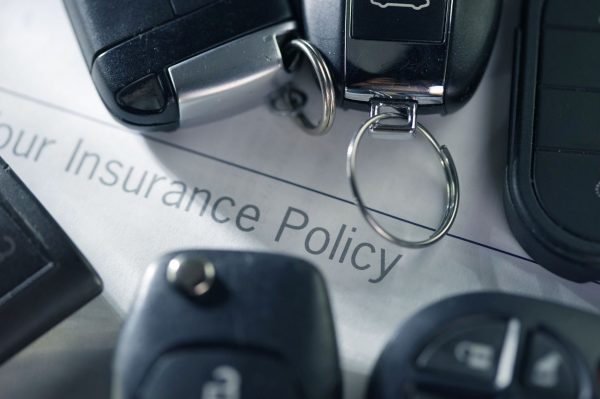
So…an insurance company wants you to do some marketing for them by making your customers aware of their products during the sales process, maybe by the use of brochures or providing a link from your website to their website. This is a common practice within the industry and, depending on your customer’s needs, can be an important part of your customer service.
But, if and when you do agree to partner with an insurance company, there are some Virginia state insurance statutes that you need to understand. One requires that a person have an agent’s license to legally sell, solicit or negotiate coverage for an insurance policy. Next there are some very specific statutes that govern who and how a business or an individual is compensated (paid a commission) for selling an insurance policy.
First let’s discuss the need to have a property and casualty insurance agent’s license to sell, solicit or negotiate insurance coverage. Maybe a customer, during the sales or financing process, has read a marketing brochure about a personal automobile insurance policy; it could be a policy that covers only liability, only physical damage or maybe both. It is very likely that the brochure will lead your customer to ask your employee (sales, finance, etc.) a “coverage” question. Typically, these questions are of a “what if” nature regarding a specific situation that may result in damage to the vehicle (i.e. flood, lightning, theft, vandalism, etc.); the question may be of the “who is covered?” nature. The customer may also want to know what the specific premium for the policy will be. To discuss or answer these questions your employee MUST have an active property and casualty insurance agent’s license. In addition, that employee must be “appointed” as an agent by the insurance company offering the policy; that means the insurance company has notified the Virginia Bureau of Insurance that the employee is a duly appointed agent of the company. In short, if your employee is not a licensed property and casualty insurance agent duly appointed by the insurance company all they can legally do is point the customer towards the brochure or website and tell them to contact the insurance company for answers to their questions. If you do have an employee who is properly licensed and appointed (maybe the finance person), the customer may be directed to them for the answers to the questions.
How can your dealership be paid a commission for the partnership with an insurance company? First, the dealership must be licensed as an insurance agency through the Virginia Bureau of Insurance. Insurance companies are specifically prohibited from paying commission to an unlicensed entity. Second, the dealership’s insurance agency must be properly appointed by the insurance company. That usually requires that there be an “Agency/Company” agreement (contract) between the insurance company and the dealership’s agency. And, the insurance company will need to notify the Virginia Bureau of Insurance of the appointment of your dealership’s agency. The “Agency/Company” agreement will specify the basis for compensation. The compensation will be paid by the insurance company directly to the dealership’s agency, not to the individual agent (your employee).
So, after understanding all of the issues involving being paid a commission or having your employees “talk” insurance to your customers, you decide not to establish an insurance agency or have insurance agents as employees. Can your dealership still be compensated for partnering with an insurance company? The answer is yes but there are conditions. The compensation cannot be in the form of a commission. That means that the compensation cannot be in any way tied to a sale. The insurance company may pay the dealership a “referral fee” for customers that they can identify that come to them from your dealership (phone call, website hit, etc.). But, again, the “referral fee” cannot be tied to a sale.
To be clear:
- Only a licensed agent can explain what is and is not covered in an insurance policy.
- If the dealership is going to accept commissions from an insurance company, the dealership itself needs to have an agency license.
- If the dealership is going to accept fees for referrals, the amount can only be nominal and, again, it cannot be tied to the “sale” of insurance.
For additional information on selling insurance in your dealership, contact the Virginia Automobile Dealers Association or the Independent Insurance Agents of Virginia (www.iiav.com). Sadly, some offers can be too good to be true so don’t put your dealership at risk.
About the author:
Joe Hudgins has worked in the insurance industry continuously since 1970. He spent 38 years total working for 2 different property and casualty insurance companies and has worked for the IIAV for the past 11 years. While at the insurance companies he worked in the underwriting and operations areas. At the IIAV, he is VP of Technical Research and Government Relations. He has the Insurance Institute’s CPCU designation and is a member of the Virginia Insurance Continuing Education Board of Directors.
